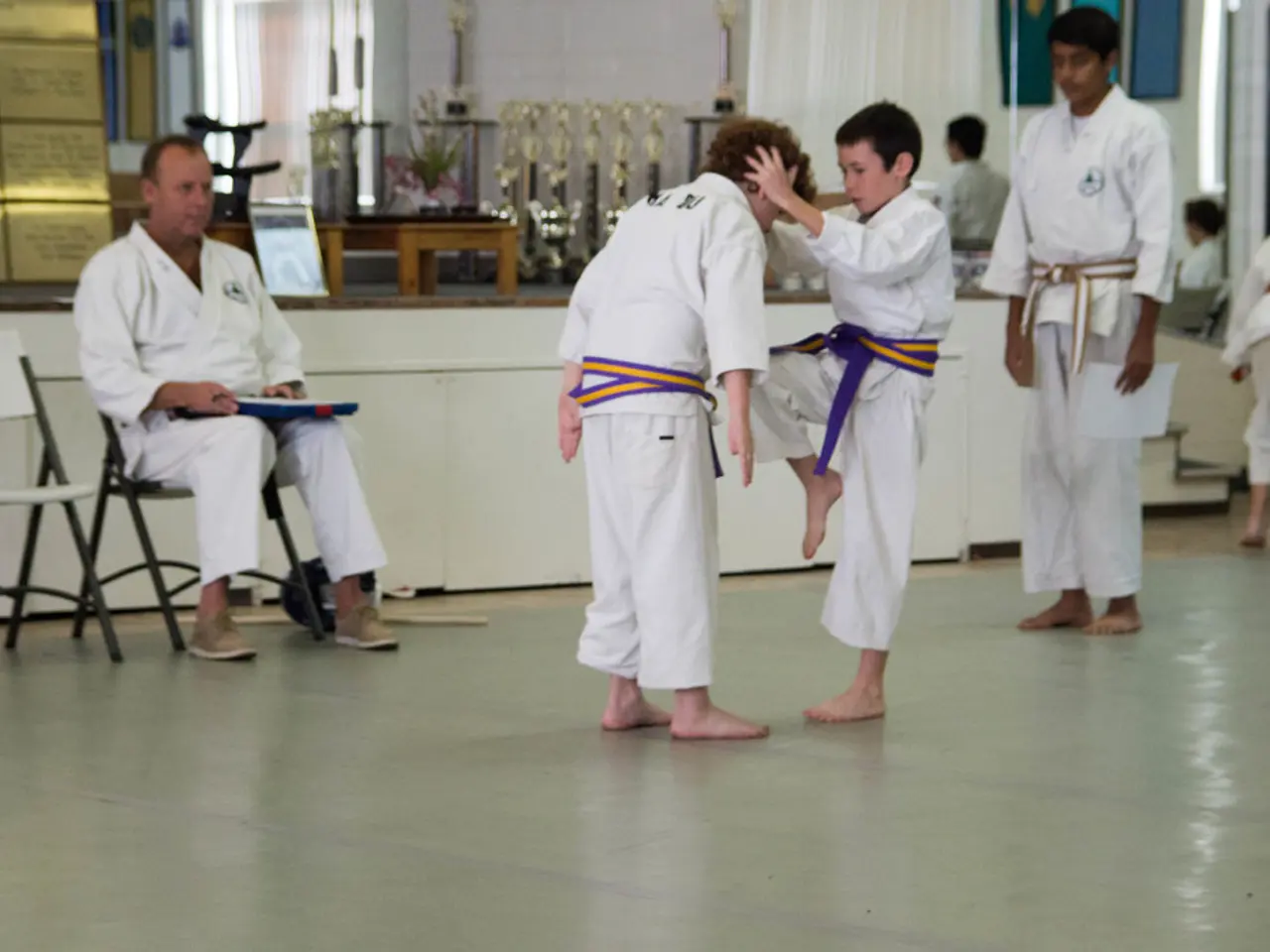Hong Kong's Ethnic Minority Children Face Complex Language Barrier
The linguistic journey of ethnic minority children in multilingual societies presents a unique challenge. In Hong Kong, these children must navigate Cantonese, English, and potentially Mandarin, while retaining their native language and culture. Meanwhile, in the United States, some Chinese-Americans have struggled to maintain their heritage language due to societal integration.
Research highlights that children who receive linguistic inputs at home before formal schooling can master languages more easily. In Hong Kong, where ethnic minority children face a more complex linguistic challenge than in other multilingual societies, this presents a significant hurdle. The linguistic background of parents plays a crucial role in their children's ability to learn Chinese in school. Children with parents who speak Chinese at home have more opportunities to practice and become proficient in the language.
However, the search for initiatives aimed at improving Chinese language proficiency among Hong Kong's ethnic minorities yields limited results. It remains unclear who is actively working to address this issue or what specific measures have been proposed.
The successful acquisition of multiple languages while retaining one's native language and culture is a challenge for ethnic minority children, particularly in Hong Kong. While the importance of home linguistic inputs is evident, more efforts are needed to support these children in their linguistic journey. Further investigation is required to understand and address the specific needs of Hong Kong's ethnic minority children in this regard.




